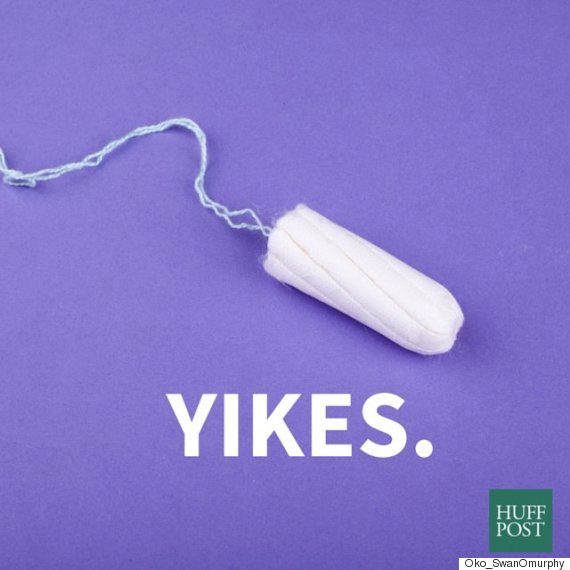If you thought the only thing in your tampon was cotton, you might be wrong. According to Congresswoman Carolyn Maloney (D-NY), your tampons and pads may contain minuscule amounts of harmful chemicals.

In a post for The Guardian, Maloney writes that tampons are not subject to enough government regulation. The FDA does monitor the presence of dioxin, a chemical that can interfere with hormones, weaken the immune system, cause cancer and more, but the industry doesn't disclose every substance found in tampons -- and that could include pesticides used on cotton.
“There are many other leachables that come from fibers, and they leach out chemicals whether [the fibers are] organic or inorganic, and clog the liver,” New York University microbiologist Philip Tierno told RH Reality Check last week. “If you have a woman who has no or low antibodies, not only are the leachables being absorbed, but other chemicals that come into play when the liver is clearing toxins.”
And even though more than half of women of menstruating age use the cotton hygiene product, there has yet to be a significant investigation into the effects of long-term use, Maloney explained in The Guardian.
Should women be freaked out? The problem is that no one knows.
"Limited information and incomplete data mean that we don’t know precisely which unhealthy chemicals and contaminants could be present or what the effects of long-term, monthly tampon use could be," Maloney wrote.
She's currently working to pass the Robin Danielson Feminine Hygiene Product Safety Act of 2015, which would require the National Institutes of Health to research any health risks of feminine hygiene products and encourage the FDA to monitor a wider range of contaminants more closely.
Although tampons and pads are the most widely used feminine hygiene products, there are alternatives that bill themselves as healthier, more Earth-friendly options. The menstrual cup, which has a small but fervent following, is made of non-toxic silicone. Organic tampons, which claim to be free of chlorine bleach, cotton pesticides and rayon, are also available. Still, long-term research doesn't exist for these options, either.
Emergency physician Cian McDermott said that although tampons have been designed in a safer way since an outbreak of toxic shock syndrome in the 1980s, precautions should still be taken -- especially because of the limited amount or research out there.
"Any tampon should be removed and changed regularly," he told The Huffington Post. "If it is left in place for long periods, infection is more likely. Everybody should be aware of the signs of severe infection: Fever, chills, high temperature, etc."
Let's just get that tampon research going stat, ok?
